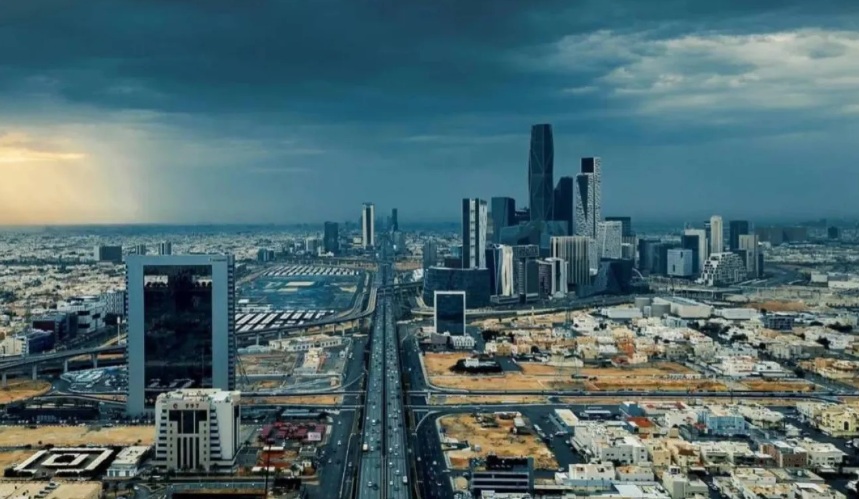RIYADH. In a remarkable display of economic resilience and strategic planning, Saudi Arabia’s non-oil private sector has witnessed its most rapid expansion in a decade. This surge is primarily driven by record-high demand and a sharp increase in new orders, reaching levels not seen since June 2011. The growth has not only spurred business expansion but also led to significant inventory buildup, signaling a robust and thriving economic landscape.
The Riyad Bank Purchasing Managers’ Index (PMI) has been a key indicator of this growth, climbing from 58.4 in December to 60.5 in January. This marks the highest level since September 2014, underscoring the sector’s vitality. Experts from various economic forums, including Asharq Al-Awsat, have highlighted that this surge reflects the strength of industrial activity and anticipates continued expansion in government spending.
Saudi Arabia’s Vision 2030, a comprehensive roadmap for economic diversification, has played a pivotal role in this transformation. The vision aims to reduce the Kingdom’s dependence on oil and diversify its economy through strategic investments and reforms. This includes leveraging the country’s strategic geographic position to become a major logistical hub connecting Asia, Europe, and Africa. The Public Investment Fund (PIF) has committed SAR 150 billion ($40 billion) to private sector investment between 2021 and 2025, further accelerating this expansion.
Future Projections and Expert Insights
Economic experts like Dr. Mohammed Makni have noted that the PMI surge signifies rapid non-oil sector growth, which has been accelerating over the past four years. Makni expects government spending on non-oil activities to continue expanding for at least three more years, aligning with Saudi Arabia’s 2025 budget and Vision 2030 goals. Credit rating agencies and international financial institutions, including the IMF and World Bank, forecast the non-oil sector to grow by at least 4% annually over the next three years, with local projections estimating growth closer to 6%.
Business Confidence and Market Dynamics
The PMI report indicates growing business confidence, with expectations for future activity reaching a 10-month high. Businesses reported the fastest rise in new orders since June 2011, leading to a strong increase in commercial activity and inventory levels. However, companies are also facing rising production costs, primarily due to higher material prices linked to geopolitical tensions.
Labor Market and Employment
The Saudi labor market has shown significant improvement, with higher employment levels reflecting growing demand. Riyad Bank Chief Economist Naif Al-Ghaith highlighted that the PMI surge underscores the resilience of Saudi Arabia’s non-oil private sector, supported by rising new orders and strong business output. Production activity reached an 18-month high, with 30% of businesses reporting increased operations—a direct result of government-led economic diversification efforts.
Saudi Arabia’s non-oil private sector is not just growing; it is thriving. The strategic initiatives under Vision 2030, combined with robust government support and a favorable business environment, have positioned the Kingdom as a major commercial hub. As the Kingdom continues to diversify its economy and reduce its dependence on oil, the non-oil private sector is set to play a pivotal role in driving sustainable economic growth and creating new opportunities for both local and international investors.

